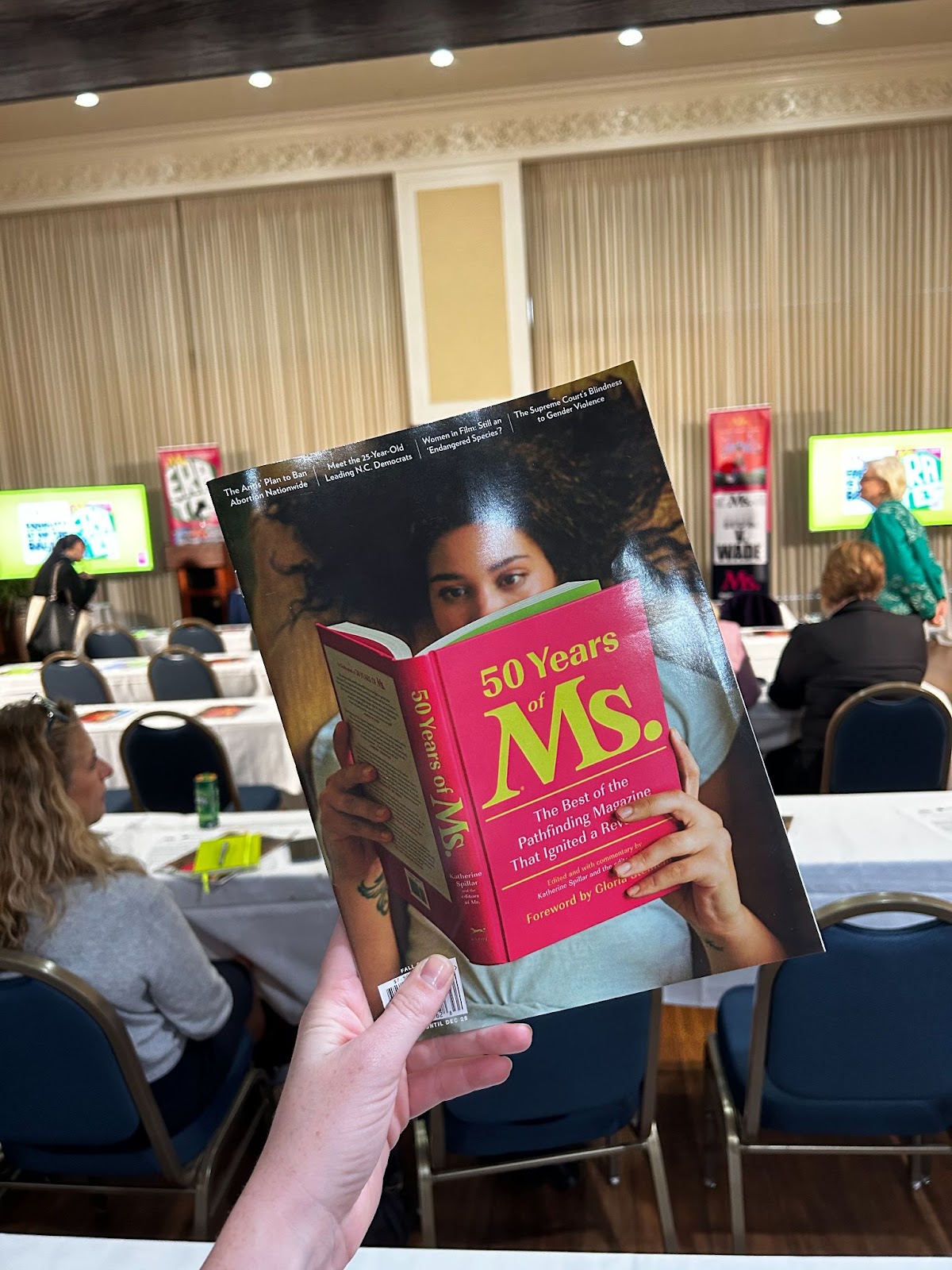The American Civil Liberties Union (ACLU) filed against the state of Tennessee in Memphis last week on behalf of four individuals who have been convicted of Aggravated Prostitution and required to register as “violent sex offenders” for their entire lives. The ACLU also filed on behalf of OUTMemphis, the state’s oldest and largest service provider to LGBTQ+ Tennesseans.
Tennessee is the only state in the nation that requires people living with HIV who have been convicted of prostitution to register as “violent sex offenders” for their entire lives.
The ACLU challenges the Aggravated Prostitution law and lifetime sex offender registration requirement on the grounds that they violate the Americans with Disabilities Act by targeting people living with HIV, a protected disability, for harsher punishment than others who are not HIV-positive. The lawsuit also challenges the law and sex offender requirement under the Equal Protection Clause of the 14th Amendment, and the 8th Amendment’s prohibition against cruel and unusual punishment.
The Aggravated Prostitution law was passed in 1991 at a time of national panic over HIV. Starting in 1994 with the adoption of a Sex Offender Registry, those convicted of Aggravated Prostitution must register as a sex offender for 10 years. In 2010, an Aggravated Prostitution conviction became classified as a “violent sexual offense” and required lifetime registration as a sex offender.
The law targets people engaged in sex work, who often are also Black cisgender and transgender women engaged in “survival sex” – the practice of people who are unhoused or otherwise disadvantaged trading sex for food, shelter, drugs, or money to meet their basic needs. 83 people were on the Tennessee sex offender registry for Aggravated Prostitution, and nearly all of them were arrested because of interactions with undercover police officers who solicited them in sting operations.
Molly Quinn, executive director of OUTMepmphis, said that the law “solely targets people because of their HIV status and keeps them in cycles of poverty, while posing absolutely zero benefit to public health and safety.” People convicted of Aggravated Prostitution spend years in prison and register as violent sex offenders for the rest of their lives, which leads to lack of access to housing, employment, healthcare, and community life.
Tennessee is not the only state to criminalize people living with HIV, as a total of 25 still have these fear-driven laws from when HIV first emerged in the 1980s. Tennessee has no comparable law for any other infectious disease, even those that are more prevalent and transmissible than HIV.
In filing documents, the ACLU noted that:
“The Aggravated Prostitution statute does not require for any inquiry in to the underlying facts and circumstances in an individual case. For instance, the statue does not allow for consideration of the alleged sexual activity at issue; the degree of risk of HIV transmission involved (if any); whether preventative measures such as a condom, PrEP, or PEP were used; the client’s HIV status; whether the accused individual has a suppressed viral load; nor whether their HIV status has been disclosed.”
HIV criminalization will not reduce HIV transmission. The plaintiffs are asking the court to strike down the Aggravated Prostitution statute and the resulting lifetime sex offender registration requirement as clearly discriminatory because they unlawfully punish people on the basis of a protected disability.
Sources:
Plaintiffs File Federal Suit to Overturn Tennessee’s Aggravated Prostitution Statute | American Civil Liberties Union
Fact Sheet: Legal Challenge to Tennessee’s Discriminatory Aggravated Prostitution Law | American Civil Liberties Union
OUTMemphis v. Lee | American Civil Liberties Union
